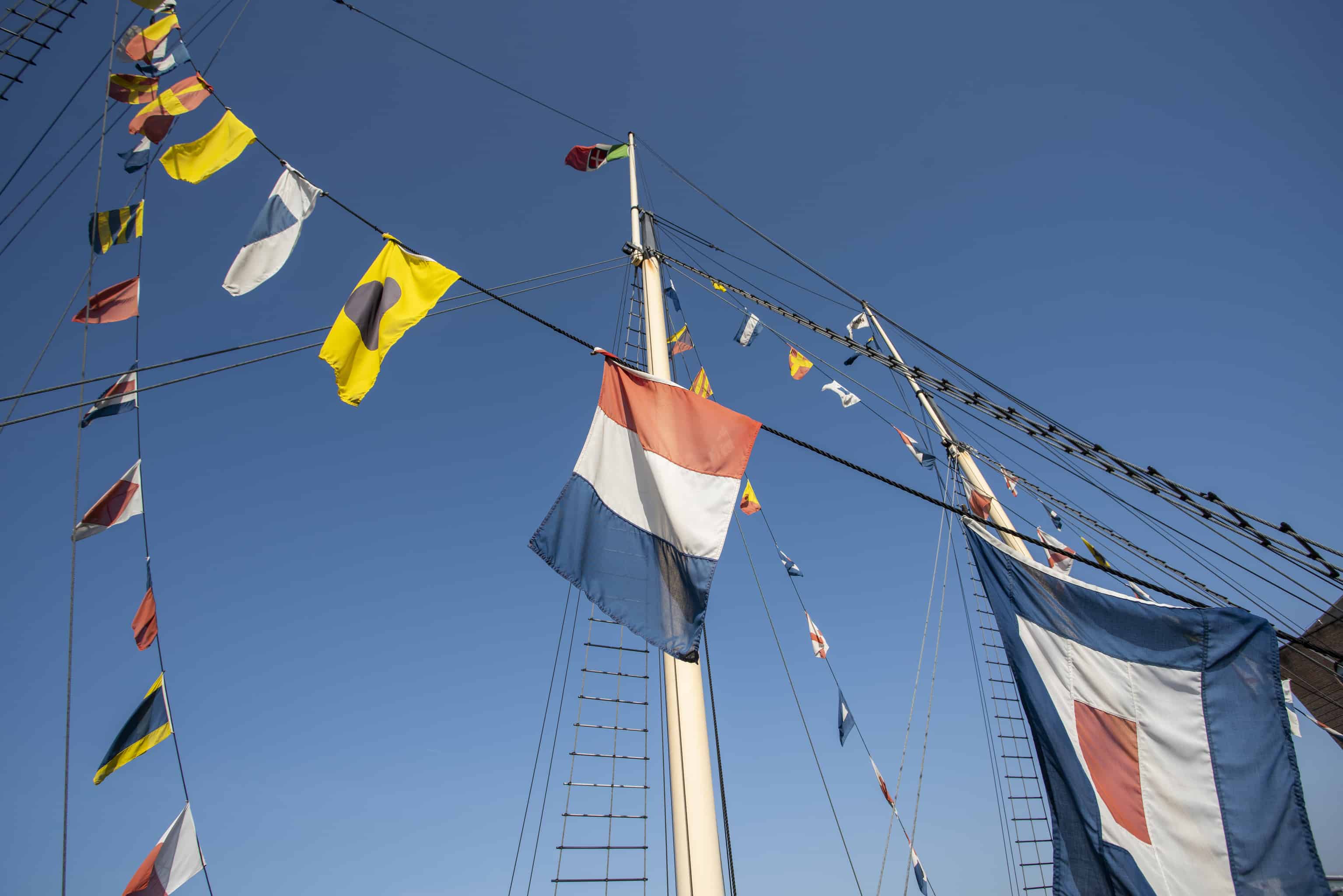- Lyle Craigie-Halkett and Stu Whatley – two members of the British team who accomplished one of the most ambitious salvage operations ever – have received High Sheriff Awards, 50 years after they brought Isambard Kingdom Brunel’s great ship home to Bristol.
- The SS Great Britain was the first ship to combine a metal hull with screw propulsion, making her the prototype for modern ships. She is known as the world’s first great ocean liner.
- The rescue project in 1970 involved patching up and refloating the SS Great Britain, the largest hull ever salvaged using a submersible pontoon. What followed was the longest homecoming voyage ever under tow – 8,000 miles from the Falkland Islands to Bristol.
- Both men, now in their 70s, helped staff at the SS Great Britain Trust mark the 50th anniversary (in 2020) of the ship’s home-coming to Bristol.
- The SS Great Britain is now part of Bristol’s top-rated visitor attraction, alongside two museums in her original dry dock. As well as welcoming 200,000 visitors a year, the Trust works with the Bristol community to create opportunities for young people, and runs an ambitious education programme to unlock the potential of Bristol’s ‘Future Brunels’.
- Lyle Craigie Halkett and Stu Whatley were at Brunel’s SS Great Britain today to receive the awards from High Sheriff of Bristol Mrs Susan Joan Davies BEM of Knowle.
High Sheriff of Bristol Mrs Susan Davies remarked:
“I am honoured and delighted to have presented Lyle and Stu with High Sheriff Awards. Their extraordinary efforts as part of the salvage and homecoming journey of the SS Great Britain back in 1970 saved Brunel’s innovative ship for the nation. Over the past year, Lyle and Stu have helped the team at the SS Great Britain mark the 50th anniversary of the salvage, retelling the story of their involvement in the salvage – a pioneering moment in history that achieved success against the odds in harsh and challenging conditions.”
Dr Kate Rambridge, Head of Interpretation at Brunel’s SS Great Britain, added:
“We are thrilled that Lyle and Stu received High Sheriff Award honours. They are both generous friends of the SS Great Britain, and we really value their continuing connection with the ship. Their memories of the ship’s 1970 salvage in the Falkland Islands bring to life the challenge, effort and achievement of that operation – and it’s a story which still inspires and excites so many people. We hold both men in great respect, and know that without their expertise the SS Great Britain might not be here today. Congratulations Lyle and Stu!”
The British salvage team from Risdon Beazley Marine in Southampton comprised Lyle Craigie-Halkett, Stu Whatley, Bill O’Neil, Bob Light and Don O’Hara. They worked alongside an expert German team from Ulrich Harms. Using the latest salvage technology, these two teams worked together, during March 1970, to refloat the SS Great Britain’s hull onto a massive submersible pontoon. The divers worked on long shifts and for days on end in cold, dark conditions inside the giant hull, patching up holes and even stuffing mattresses into a large crack down one side at one point when it looked like the ship might split in two. Wild weather conditions and the unforgiving environment of the remote Falkland Islands made the rescue operation all the more remarkable.
Stu (who lives in Wiltshire) and Lyle (who lives in Hampshire) revisited Brunel’s SS Great Britain today to receive their awards and to see new exhibits marking the anniversary, including a large Black-browed albatross, gifted to the charitable trust by Falkland Islanders.
Find out more about the SS Great Britain’s incredible rescue and homecoming, including a short film featuring Lyle and Stu, at www.ssgreatbritain.org/50




